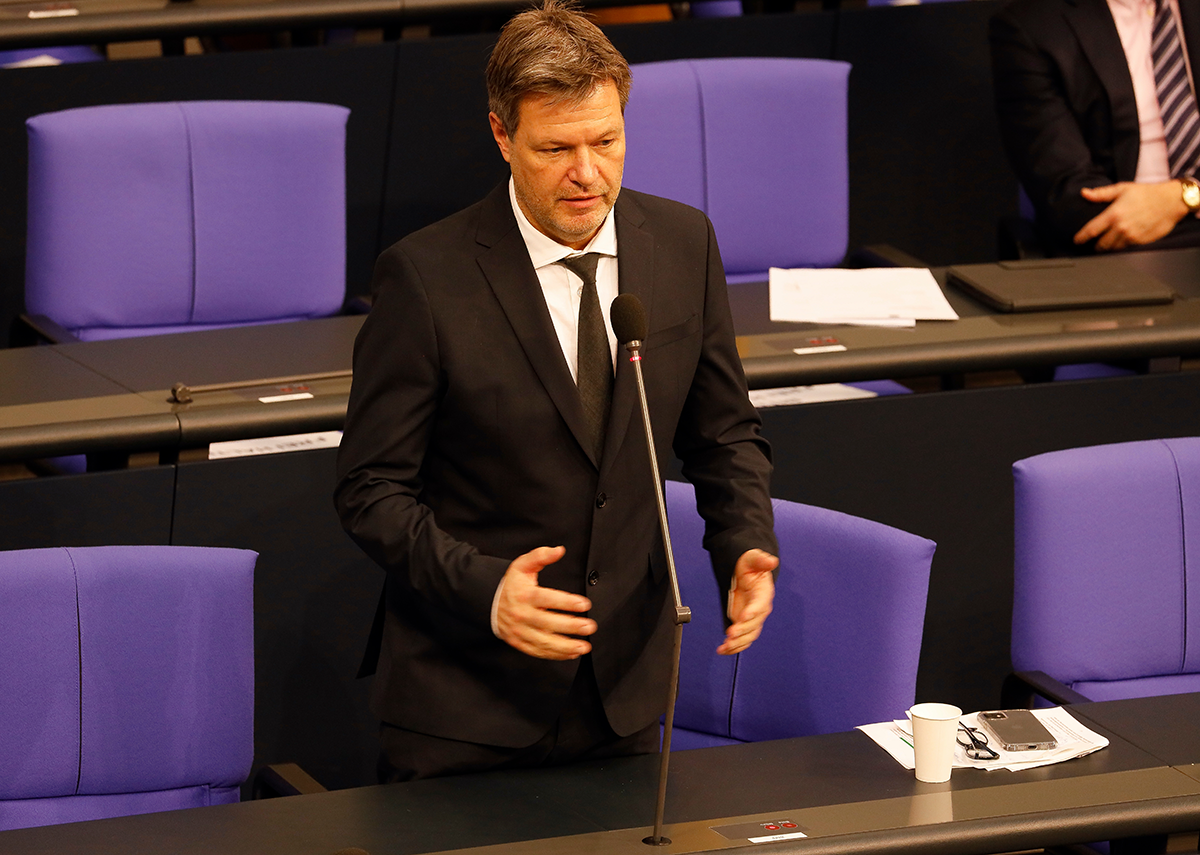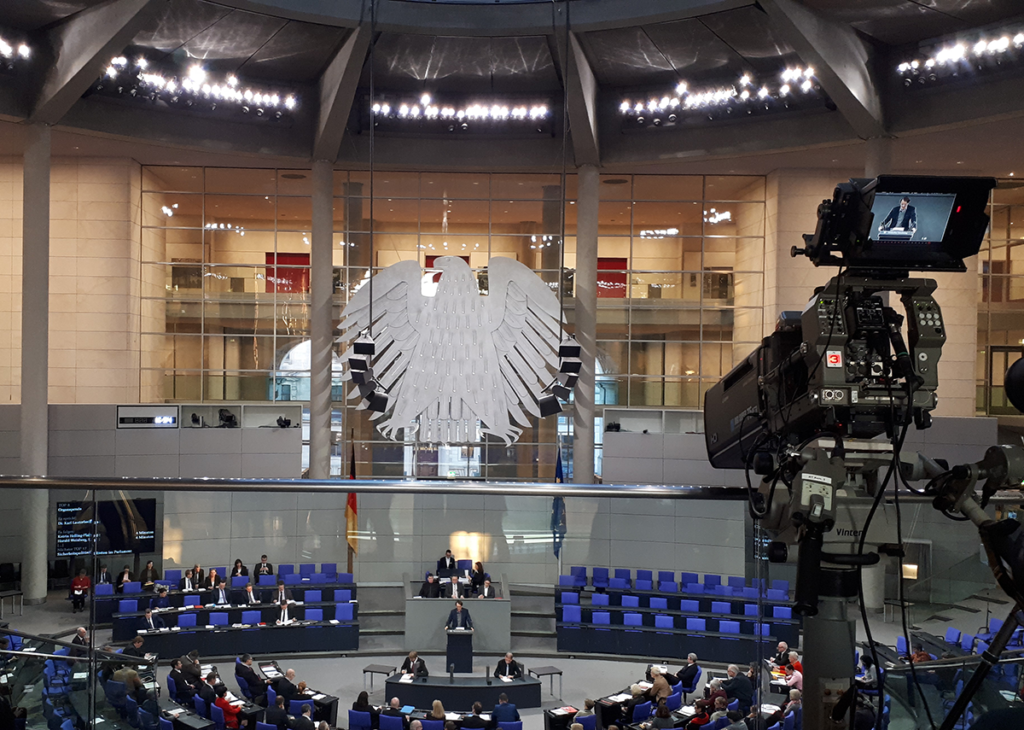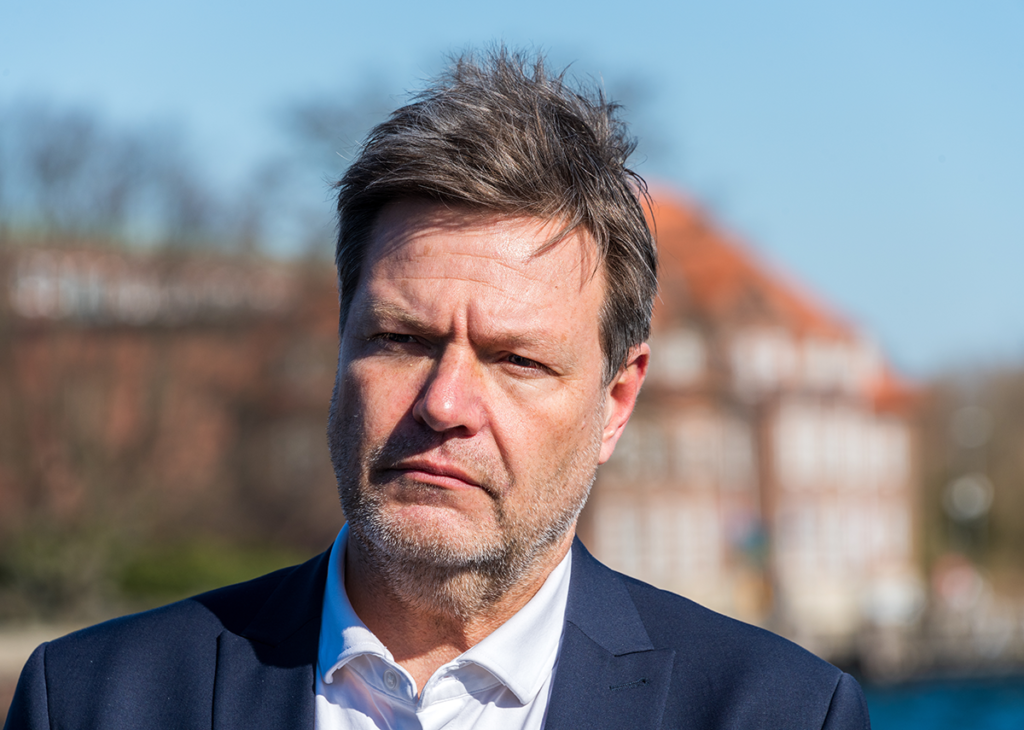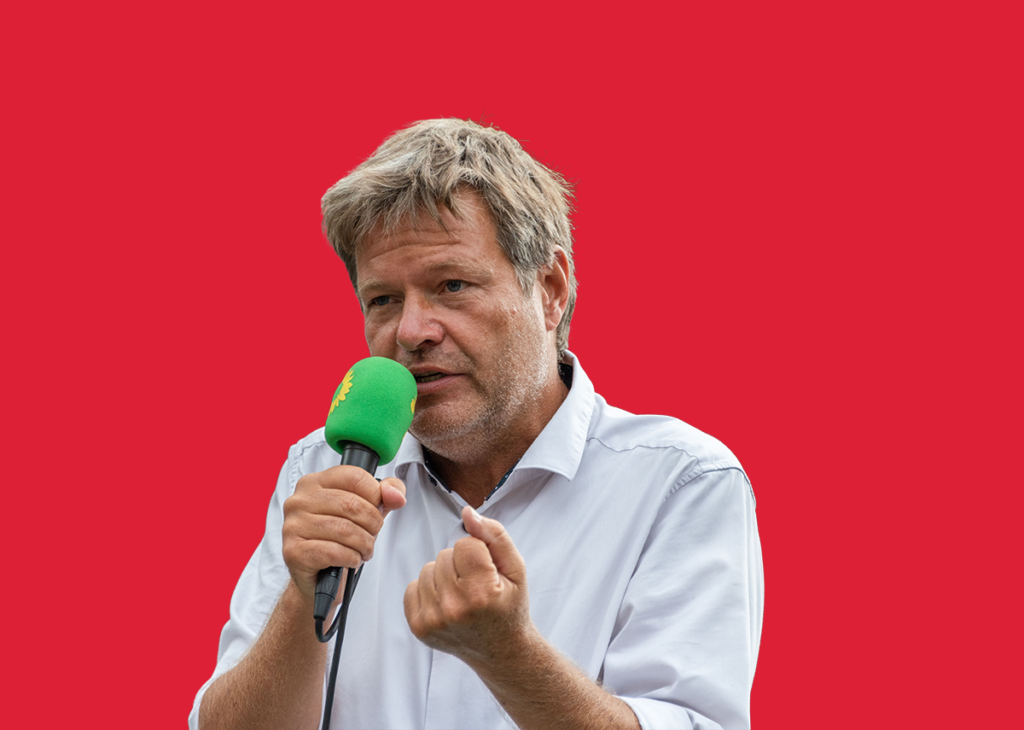Current news on the Heating Act: Bundestag decision on the controversial Building Energy Act (GEG)
Language selection 📢
Published on: September 8, 2023 / update from: September 8, 2023 - Author: Konrad Wolfenstein
### Current news on the Heating Act ### Bundestag decision on the controversial Building Energy Act (GEG) ###
The controversial heating law: An analysis
The Bundestag has decided! With a narrow majority of 399 MPs in favor and 275 against, the controversial heating law was passed in a roll-call vote. It is expected to come into force in early 2024. But the discussions and debates that preceded this decision were heated and passionate.
The roaring alarm in Parliament
The atmosphere in the Bundestag reached an unprecedented climax, as a politician of traffic lights and opposition for a full hour. The CDU/CSU parliamentary group vice Jens Spahn, who accused the traffic light government, was particularly loud, regardless of losses. He described it as a “economic stimulus program for the populists” and complained that the law “distrust against the citizens, against the craftsmen, bubbled against everyone”.
Criticism from all sides
The Left Party and AfD also expressed sharp criticism. Left-wing parliamentary group leader Dietmar Bartsch spoke of a “communicative disaster” on the part of the government and accused her of “not wanting to change any commands himself”. The AfD claimed that the traffic light government with the “heating hammer” saves as much CO₂ from 2030 as China breathe in the air in 32 hours.
The defense of the government
The FDP parliamentary group leader Christian Dürr countered and emphasized that the government operates meaningful climate protection with the heating law. He asked the Union to make concrete proposals for changes instead of just expressing criticism. SPD parliamentary group vice Matthias Miersch praised the heating law as a “social” due to the extensive funding.
Economics Minister Habeck comments
Economics Minister Robert Habeck (Greens) defended the law with sharp words. He emphasized that specific and concerned questions about this law are legitimate. However, he made it clear that it was necessary to set clear goals and take measures to achieve these goals.
The terms of the law
An important but often overlooked condition of the law is that 70 to 90 percent of building owners who want to install or replace heating must decide on environmentally friendly heating systems such as heat pumps before the thermal planning is completed.
The opposition and the blockade
The opposition, particularly the CDU/CSU, sees the law as an example of how they are being blocked and not included in the decision-making process. Thomas Heilmann (CDU) noted that the Federal Constitutional Court had stopped the proceedings on the heating law before the summer break due to insufficient consultation time.
Overall, the heating law remains a controversial issue that has heated up people's minds. The Bundestag's decision will undoubtedly have an impact on the future of climate protection in Germany. It remains to be seen how this law will be implemented in practice and whether the intended goals can be achieved.
The controversy over the law
The opinions about the building energy law are divided. Federal Economic and Climate Protection Minister Robert Habeck defended the law and described it as a “good law”. However, Green Group leader Katharina Dröge granted mistakes in the creation of the heating law, and communication policy on the project was also criticized within the coalition.
The CSU regional group leader Alexander Dobrindt made serious accusations against the coalition and described the planned state funding as inadequate. He argued that the law would place a financial burden on people. The criticism also extended to the lack of consultation on fundamental changes to the original bill.
The FDP parliamentary group leader Christian Dürr rejected the allegations and emphasized that the opposition had enough time to make amendments. In the midst of these controversy, Union faction vice Jens Spahn called the law “madness” and an “economic program for populists”. Left-wing parliamentary group leader Dietmar Bartsch described the communication around the law as catastrophic, while AfD MP Marc Bernhard found that the “heating hammer” was not mitigated.
The aim of the law: more climate-friendly heating
The Building Energy Act aims to make heating in Germany more climate-friendly. This is to be achieved by gradually replacing oil and gas heating systems. The central plans stipulate that every newly installed heating system should be powered by at least 65 percent renewable energy. Implementation is planned for the beginning of 2024, but initially only for new development areas.
Municipal heat planning will be crucial for existing buildings. Based on this, homeowners can choose whether to connect to a heating network or have a heat pump or other more environmentally friendly heating systems installed. The creation of the municipal heat planning should be completed by mid-2026 for municipalities with over 100,000 inhabitants and by mid-2028 for the other municipalities.
Months of arguments and compromises
The controversy surrounding the heating law lasted for months and ultimately led to fundamental changes, mainly due to pressure from the FDP. The Ministry of Economic Affairs recently presented a new calculation of CO₂ savings, which was lower than originally assumed due to changes in parliamentary procedure. It is now expected that around three quarters of the planned greenhouse gas reductions can be achieved by 2030 with the new version of the law, based on a calculation by the Oeko-Institut.
The opposition in the Bundestag failed in its request to delay the decision on the law, particularly due to pressure from the Union, which had demanded more time for consultations.
Overall, the Building Energy Act marks an important step towards a more climate-friendly future in the area of heating technology. Despite the controversy and criticism, the hope remains that it will make a positive contribution to protecting our climate.
Why did some MPs from the traffic light parties vote on the heating law while others abstained?
To answer this question, we take a look at the background and dynamics within the traffic light coalition as well as the reasons for the MPs' abstentions.
💡 Background to the vote
The months before the vote on the heating law were marked by internal differences of opinion within the traffic light coalition. The FDP had previously opposed the law, which led to fundamental changes. Nevertheless, there was disagreement within the traffic light parties.
🤝 The traffic light coalition
The traffic light coalition is made up of the Greens, FDP and SPD parties. These parties have different political positions and priorities. The Greens are generally environmentally conscious and advocate for strict environmental protection measures. The FDP, on the other hand, often emphasizes economic freedom and less government regulation. The SPD often lies between these two extremes.
🗳️ The voting results
The fact that some MPs from the traffic light parties, including Greens and FDP members, abstained from the vote shows that there were still differences of opinion within the coalition. This could be due to various factors.
🌿 Green abstention
Bernhard Herrmann from Bündnis90/Die Grünen abstained from the vote. This could indicate that he may not consider the heating law to be sufficiently environmentally friendly. The Greens are often keen to support strong environmental protections, and if the law did not meet their standards, this may have led to its abstention.
📊 FDP abstentions
It is interesting to see that five FDP MPs, namely Katja Adler, Claudia Raffelhüschen, Linda Teuteberg and Gerald Ullrich, also abstained. This could indicate an internal disagreement within the FDP. There may have been different views within the party about how to vote on the heating law.
🤔 Reasons for the abstentions
The reasons for the abstentions could be varied. There could be political considerations, disagreements about the content of the law, or strategic considerations. Some MPs may also have expressed concerns that the law in its current form does not go far enough, while others may find it too restrictive.
📣 Similar topics
- 📣 Background to the heating law vote in the traffic light coalition
- 🤝 Why some MPs abstained: Analysis of the traffic light parties
- 🌿 The green abstention: Environmental aspects of the heating law
- 📊 FDP abstentions: disagreement within the party
- 🤔 Reasons for the abstentions in the heating law vote
- 📰 Current developments in the traffic light coalition: Heating Act
- 🗳️ The voting dynamics: traffic light parties in focus
- 💡 Political background: traffic light coalition and heating law
- 🔍 Different points of view: traffic light parties and the heating law
- 🌐 Heating law vote: effects and reactions in politics
#️⃣ Hashtags: #Politics #Traffic LightCoalition #Heating Law #Vote #Abstentions
Why did Economics and Climate Protection Minister Robert Habeck defend the heating law against sharp criticism from the opposition and emphasize the need for concrete measures for climate-neutral goals?
🌍 Background to the debate
Before the Heating Act was passed in the Bundestag, there was a controversial and loud debate. This primarily revolved around the question of how Germany can achieve its climate goals and whether the heating law contains sufficient measures to achieve this.
💬 The defense of Robert Habeck
Robert Habeck, the Green Party's Minister for Economic Affairs and Climate Protection, defended the law against sharp criticism from the opposition. His defense focused on two key points:
1. Legitimate questions
Habeck emphasized that it was justified to ask specific and concerned questions about this law. This attitude shows that the government is open to discussion and questions, which is an important aspect of democratic processes.
2. Throw sand in the eye
An essential point of his defense was the criticism of the opposition, which in his opinion tried to "scatter people sand". In doing so, he referred to the fact that it was not sufficient to formulate ambitious goals, but that concrete measures are necessary to achieve these goals.
📢 The importance of climate neutrality - no concrete measures from the then Union-led federal government
Habeck also mentioned the goal of the then Union-led federal government to make Germany climate-neutral by 2045. This objective is of great importance because it impacts global climate protection and allows Germany to play a pioneering role in this area.
🌿 Need for concrete measures
One of Habeck's main criticisms was that although the goal of climate neutrality was set, no concrete measures were proposed.
🗳️ Political debate and challenges
The debate about the heating law reflects the general challenge of translating ambitious climate goals into political measures. A balance between environmental protection and economic interests is required, which often leads to controversy.
📣 Similar topics
- 📣 Habeck's defense of the heating law: need for concrete measures 🌍
- 💬 Robert Habeck vs. Opposition: Debate about the heating law 🗳️
- 🌿 Climate neutral by 2045: Goals and challenges in Germany 📢
- 🌱 Expert advice in climate policy: The role of consultants and experts 🤝
- 📰 Current discussion: Heating law and climate goals in Germany 🌐
#️⃣ Hashtags: #climate policy #heating law #climate goals #expertise #debate
🗒️ Traffic light coalition establishes law
The Traffic Light Coalition has introduced the Building Heating Reform Bill and here are the key points you need to know.
1️⃣ Why the reform?
🌍 Climate goals and dependence on fossil raw materials
The current heat supply in Germany is heavily dependent on fossil fuels. In fact, more than 80% of heat demand is met by burning fossil fuels, particularly natural gas. In order to achieve the set climate goals and reduce dependence on fossil raw materials, a rapid change of course must be made.
2️⃣ Renewable energies – the future of heat supply
🌞 Advantages of renewable energy
A heat supply based on renewable energies offers many advantages in the medium to long term. It is more predictable, cost-effective and more stable than traditional methods. Especially because renewable environmental heat is available free of charge everywhere.
🔥 Heat pumps and solar thermal energy in focus
Heat pumps and solar thermal energy play a crucial role in the use of renewable energies. They use the renewable environmental heat that is available everywhere and could therefore be a revolutionary method of generating energy.
3️⃣ The way forward
🛣️ The challenge
The biggest challenge is to reduce the current dependence on fossil fuels while ensuring a reliable, sustainable and economical energy supply.
🤖 Innovation and technology
New technologies and innovations, particularly in the area of renewable energies, will be essential to ease the transition and ensure that Germany achieves its climate goals.
4️⃣ What does this mean for citizens?
🏡 Changes in the household
While the transition to renewable energy offers great benefits, some citizens may initially notice changes in their household, particularly in relation to the type of heating systems they use.
💶 Economic benefits
However, in the long term, citizens could reap the economic benefits as renewable energy tends to be cheaper than fossil fuels.
5️⃣ Final thoughts
🔄 A necessary change
The reform is a necessary step to ensure that Germany meets its commitments to climate goals and creates a more sustainable future for all citizens.
🌱 A greener future
With a focus on renewable energy, Germany is moving towards a greener, more sustainable and economically advantageous future.
📣 Similar topics
- 🌍 Germany is switching to renewable energies!
- 🌞 The advantages of solar thermal energy and heat pumps
- 🔥 Renewable energies: The path to a sustainable future
- 🛣️ The challenges of the transition to green energy
- 🤖 Innovation at the heart of energy reform
- 🏡 What the transition to renewable energy means for households
- 💶 Renewable Energy: Save money and protect the planet
- 🔄 Why Germany needs energy reform
- 🌱 A look into Germany's green future
- 🔄 Germany on the way to a climate-friendly energy supply
#️⃣ Hashtags: #Energy Reform #RenewableEnergy #Climate Goals #Sustainability #FutureGermany
The next hammer is looming: EU obligation to renovate – the Building Energy Act (GEG) is just the calm before the storm
More about it here:
































